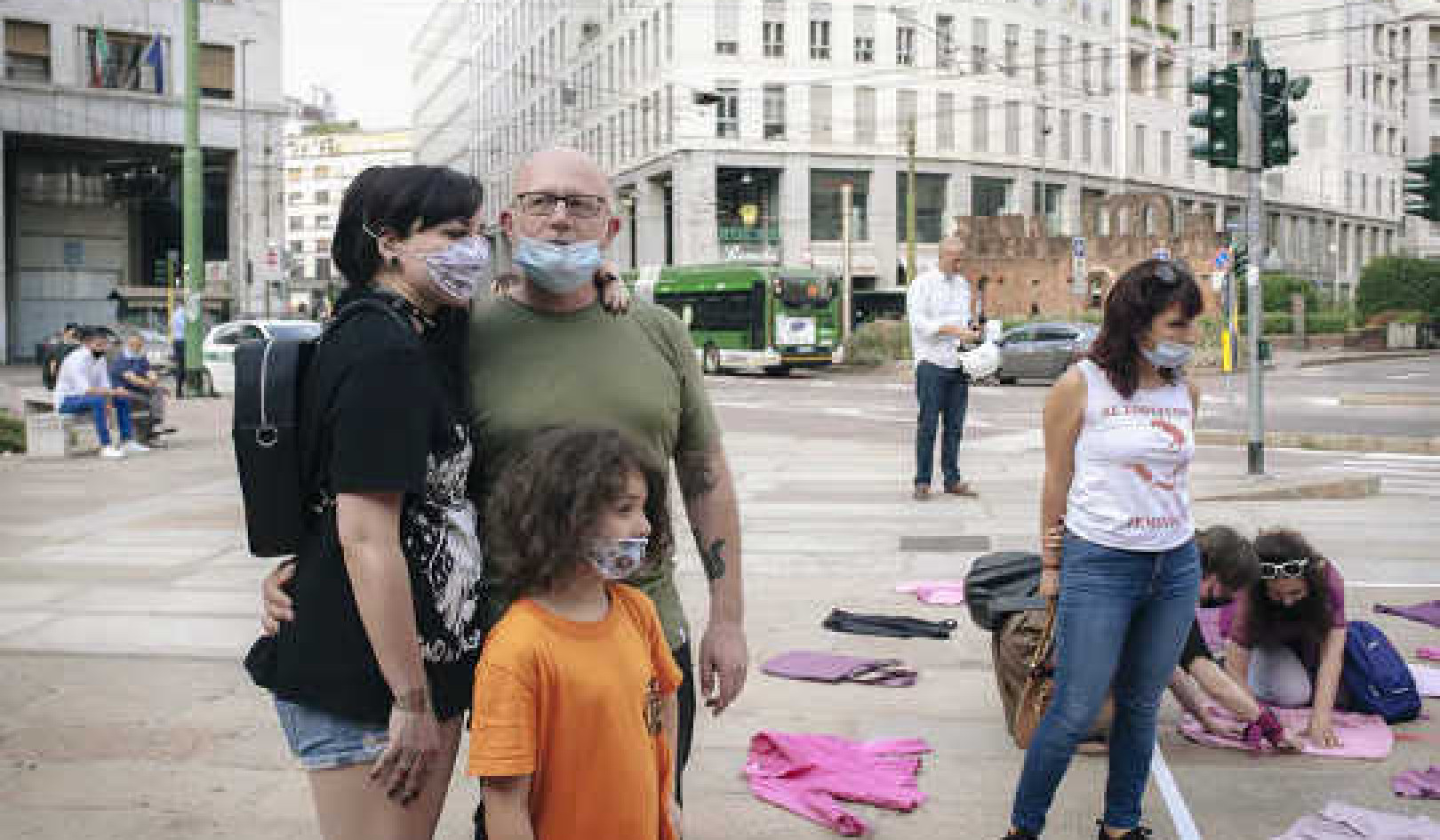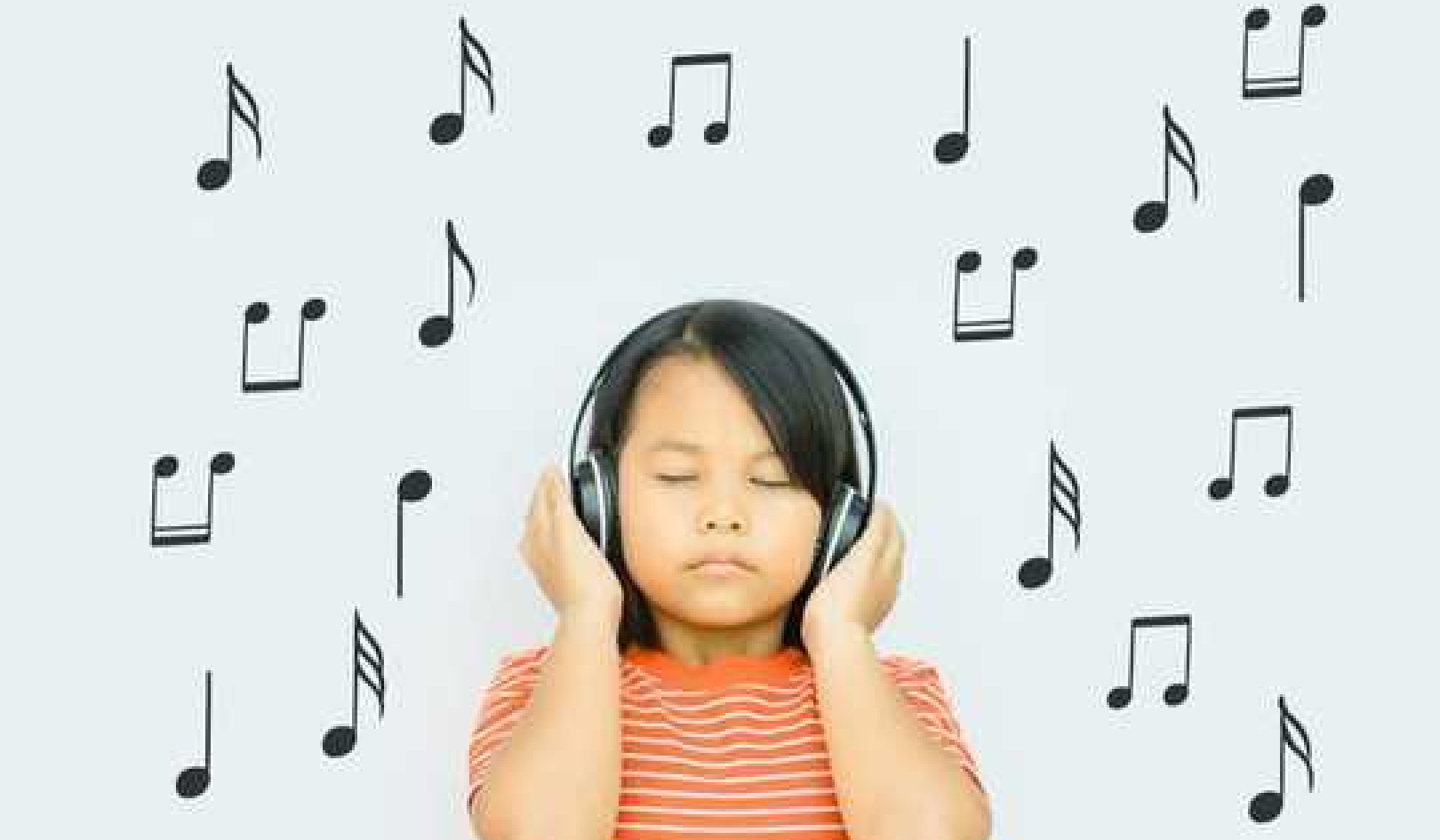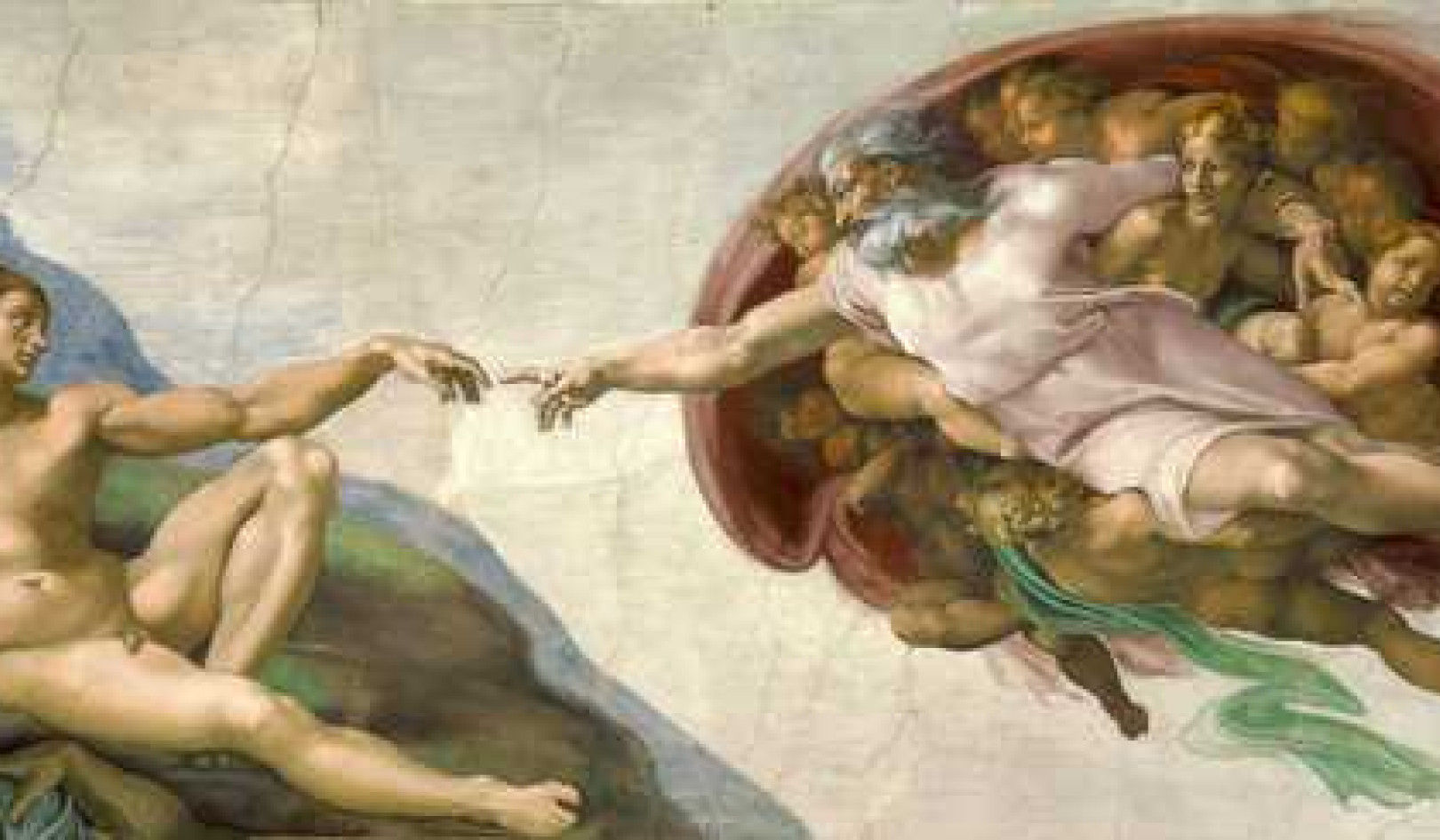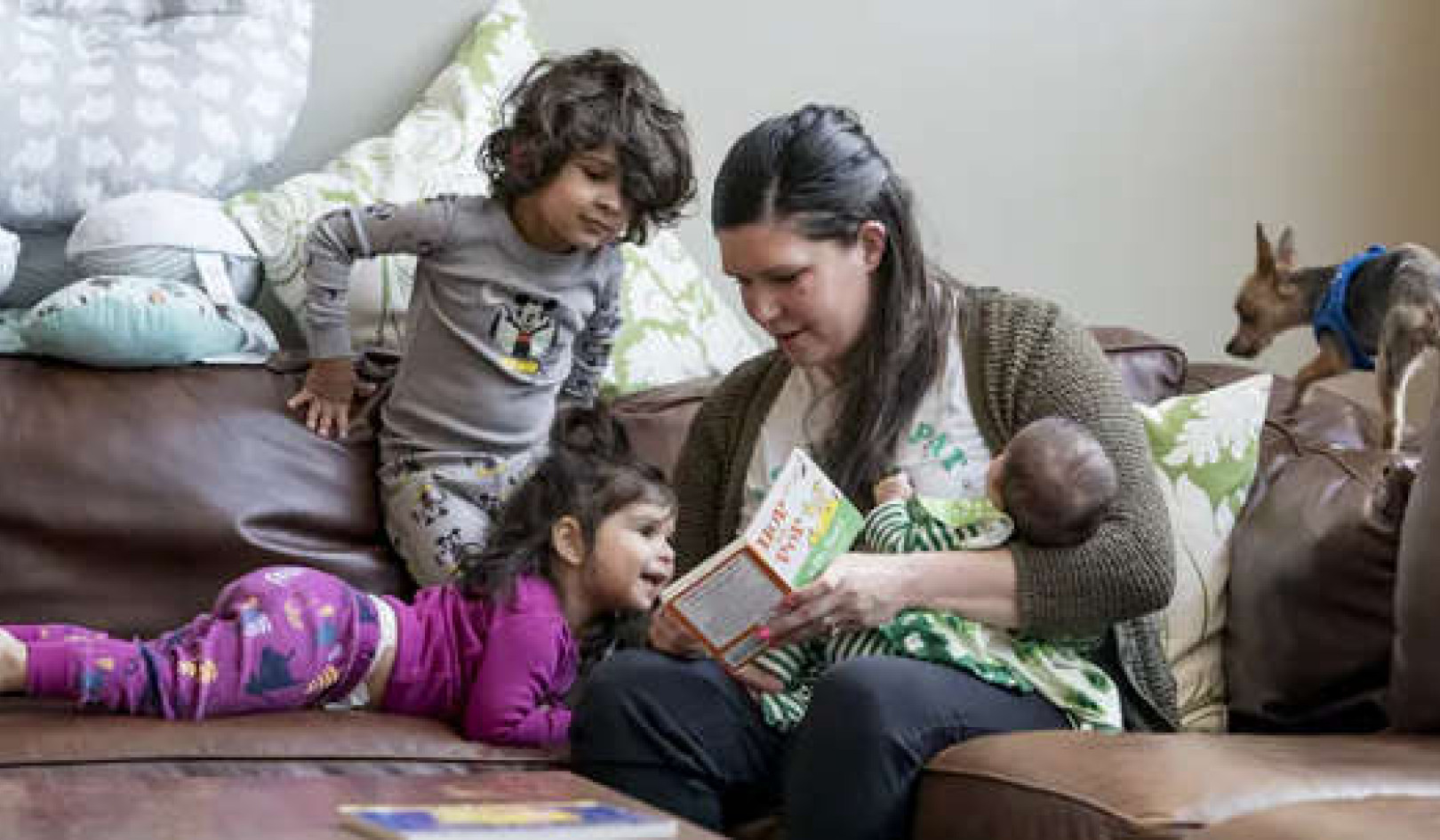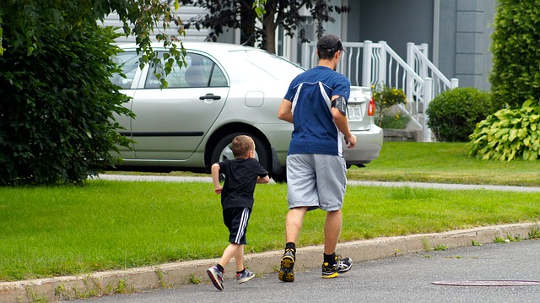
Your old road is rapidly agin’...
Get out of the new one if you can’t lend a hand
For the times they are a changin’. — BOB DYLAN
Our culture needs men who are compassionate, rational, intuitive, and judicious in their use of force. They do not traffic in fear and anger as the means to a self-serving end, promoting patriarchy and domination, but see the world as a place of competing choices where responsibilities are shared and impacts of behavior are carefully assessed.
Our Western society has been out of balance since Roman times, while Native American and other indigenous societies adhered more closely to a natural way of being. Those traits of responsibility toward the whole, providing for the people, and representing the ideas of the whole group, not an elite or select, powerful few, are traits badly needed in the modern world.
A New Man: The Modern Male
No longer does being male offer a free pass to be thoughtless, wanton, ignorant, or unflinching in projecting indiscriminate power. The modern male is no longer a king, unless one assumes he shares the crown. He is not a lover any more than his partner, with whom he shares intimacy. And he must not allow himself to be a warrior, in a constant state of war, which warps our sense of society and social obligations, unless he chooses to be and the social good demands it.
The modern male recognizes that peace, not war, is the natural state of humankind, that all human beings, regardless of roles or social stature, are stakeholders in the future of the planet, along with all the other beings of the earth, and that living in balance is the way of all nature.
Two Examples of Contrasts
Two examples of contrasts in manhood emerging in this new world are U.S. Presidents George W. Bush and Barack Obama.
George W. Bush clearly exemplified the very worst of the “old male”—bent on war, adamant in thought and behavior, reckless in the use of power, unmindful of the serious financial, human, and cultural costs and consequences of his actions. He showed his status as a man-child, uncomfortable in his own skin and trying to “out-macho” his peers, through adolescent posturing, incomprehensible thought processes expressed in linguistic blundering, an inability to carve his own path, except in rebellious rejection of his own father’s diplomacy, and in his need to seek approval from another more forceful, warlike, unbending patriarchal figure in the form of his ostensible subordinate Vice President Dick Cheney.
George Bush is a poster child for a man gone wrong. We see it in his dissolute youth, his careless and irresponsible young adulthood, his posturing and bluster, his misuse of facts to support his claim to be a “war president” and conqueror, and his born-again piety, which served to advance his agenda of turning back women’s rights and reinforcing power elites.
His legacy is one of repression, regression, and fear under the guise of wielding power and exercising control, whether it be authorizing torture, supporting domestic spying, destroying the balance of power in the Middle East, overextending the treasury, retarding human and gender rights, or engendering a veer to the right in religious, economic, and social measures in government. His base was the angry white male who is losing his grip in representative government, religion, and economic hegemony.
By contrast, President Obama came into power as the anti-Bush, promising peace, inclusiveness, a rejection of power elites in favor of civil rights, human rights, social rights, and the broadening of government service for minorities, the historically underserved, and the middle class.
Whereas George Bush epitomized a rejection of the historical imperatives of more democracy, more equality, and more inclusiveness in government, capitalism, and religion, Obama exemplified them: a minority male who was not “macho” in his behavior, who was thoughtful, mindful of others, careful in his actions, operating on a consensus model of governance, and with goals that weigh the benefits to the whole as more important than the few.
While some may criticize Obama as being too moderate in his words and behaviors, too tentative, too accommodating, and too willing to compromise, these behaviors are ones that tend to most successfully serve the marginalized, the historically voiceless, the coalitions of under-represented in all their diversity.
Obama’s is a voice of reason and logic, of carefully planning and executing a path of inclusiveness. His base is diverse in terms of race, gender, ethnicity, more female than male, and more compassionate and inclusive— those who are on the ascendancy in the historical thrust toward more equality and sharing of power.
Defining Ourselves Based On Spiritual and Commonsense Principles
The focus of this book is not to create new archetypes; it is to help individuals define themselves, based on spiritual and commonsense principles that have guided humankind in societies around the globe for thousands of years. In this way, new archetypes can emerge naturally.
This is not so much about the rise of a new male as a new incarnation of the male; one that harkens back to the way men have been before our world got so out of kilter—in harmony with women, elders, children, and other men and responsible stewards of their world.
As with the real-life examples of Presidents Bush and Obama, if this book helps develop new archetypes for a new world, what would those archetypes be? Or approximate? Which archetypes would be useful and which would be deleterious to the positive aims and needs of society?
A strong archetype in popular culture is the cowboy of the Old West. As portrayed in Westerns, this Lone Ranger has an unfortunate connection with guns and women as victims, as well as men who are loners without connection to society. It is an archetype that is also found in detective novels. The hero always has the highest of motives (protecting women, defeating evil), along the lines of a spiritual quest to bring justice to the world, but he usually does it by violent means.
Based on fear, these types of literature provide portraits of angry men in an angry world. Their relationships are a form of celibate exile while they pursue higher “manly” values, alleviated by brief relationships with bigger-than-life (unattainable, perfect, goddess-like or terribly flawed, helpless without their intervention) females. These are not flesh-and-blood, living, breathing, mother/sister/daughter human beings. These are basically airbrushed pinups with a gun as a masturbatory tool.
Nonetheless, the reluctantly celibate, savior monk archetype of the loner may be a new reality for many men today, not by choice but as a result of new mores. For many young people today, relationships aren’t formed in dates so much as groups hanging out together and “hooking up”—one-night stands without emotional commitment. Marriage is often put off until a woman’s fertile years are almost over, so that she can establish her career and income. The rise of single mothers suggests that parenthood may be a goal among such women, but without marriage or traditional family.
As a result, more Americans are living alone than ever before, and men are pretty much left to their own devices. Archetypes for men living alone are powerful but few, and outdated. They too fully support the “absent male” dynamic with “the father wound” and “dark mother.”
With men and women living increasingly apart, what defines masculinity is a subject of concern among male adolescents. This has particularly negative implications for intimacy and contraception, and should raise flags with both men and women about the future of healthy heterosexual relationships.
The Absence of Male Parental Role Models
The absence of parental males from family units is becoming well documented. It is blamed for problems among young people, including drug abuse, low self-esteem, poor grades in school, and violence.
The children in such families are more likely to be poor, exhibit anxiety and depression, and drop out of school. The offspring of absent fathers often turn to forming substitute families through gang involvement and teen pregnancy, which foster aberrant views of women as objects, not as living, breathing human beings who share space and humanity with men.
Seeing women as objects translates to more sexual partners, a less intimate relationship with the current sexual partner, and through the absence of respect toward women, greater belief that relationships between women and men are adversarial. These behaviors are linked to low condom use, less belief in male responsibility to prevent pregnancy, and greater belief that pregnancy validates masculinity, even to the detriment of the sexual partner.
Males without father figures practice casual sex more often because it fits with a “macho” image; they do not respect females and do not view sex as either special or meaningful. They use women and sexual relationships as a means of achieving pleasure and gaining popularity with their peers. [Crisis in America: Father Absence by Francesco Aristide Ancona]
The adverse effects are not limited to male children; female children develop differently without a father, as well. Promiscuity, out-of-wedlock births, and anxiety over social relationships are frequent outcomes of the lack of a positive male figure in the home. Among other positive influences, a father shapes his daughter’s views of male and female bonds and sexual relationships, instills self-respect, and demonstrates that she deserves other men’s love and respect without having to rely on sexual attraction alone. [Fatherless America, by David Blankenhorn]
But even in stable relationships, the loner male or rebel figure is tragically maladapted to a caring, sharing, responsible role. Many young women know all too well about “making do” or “settling” for an underachieving, uneducated male with a sense of privilege heightened by low self-esteem.
While regional archetypes may vary, in the South, the rebel outlaw may be known as a “good ole boy” more interested in smoking dope, drinking whiskey, and shooting guns than being available to share household duties. If he is more laid back, he may be more interested in lying on the couch, smoking cigarettes, and drinking beer than finding, or keeping, gainful employment.
Often self-defined “losers,” such men find plenty of reasons for underachieving, with varied excuses to avoid work or responsibility. In maturity, these good ole boys are lazy, greedy, and opportunistic, usually quite proud of their ability to “go along to get along,” and keep the “old boy network” in good working order. They form the bulk of the rearguard action against “radical ideas” to promote equality, in maintaining attitudes and social institutions enforcing male (and often racial) discrimination.
Even in high-achieving households, the absent father, as exemplified by the “father wound,” produces flawed examples of male development. Both men and women are victims of the real-life archetypes common in this country today, as women take on more responsibilities for absent males while at the same time expecting little from their partners, and men fail to reach their full potential, eschewing responsibility. It’s a cycle that produces dysfunctional relationships across generations.
©2015 by Jim PathFinder Ewing. All Rights Reserved.
Reprinted with permission of the publisher,
Findhorn Press. www.findhornpress.com.
Article Source
 Redefining Manhood: A Guide for Men and Those Who Love Them
Redefining Manhood: A Guide for Men and Those Who Love Them
by Jim PathFinder Ewing.
Click here for more info and/or to order this book.
About the Author
 Jim PathFinder Ewing is an award-winning journalist, workshop leader, inspirational speaker and author in the fields of mind-body medicine, organic farming and eco-spirituality. He has written about, taught and lectured on Reiki, shamanism, spiritual ecology, integrative medicine and Native American spirituality for decades. He is the author of numerous books on the spiritual aspects of food, sustainability, mindfulness and alternative health, published in English, French, German, Russian and Japanese. For more, see his website: blueskywaters.com
Jim PathFinder Ewing is an award-winning journalist, workshop leader, inspirational speaker and author in the fields of mind-body medicine, organic farming and eco-spirituality. He has written about, taught and lectured on Reiki, shamanism, spiritual ecology, integrative medicine and Native American spirituality for decades. He is the author of numerous books on the spiritual aspects of food, sustainability, mindfulness and alternative health, published in English, French, German, Russian and Japanese. For more, see his website: blueskywaters.com
Listen to an interview with Jim about what Redefining Manhood actually entails.























